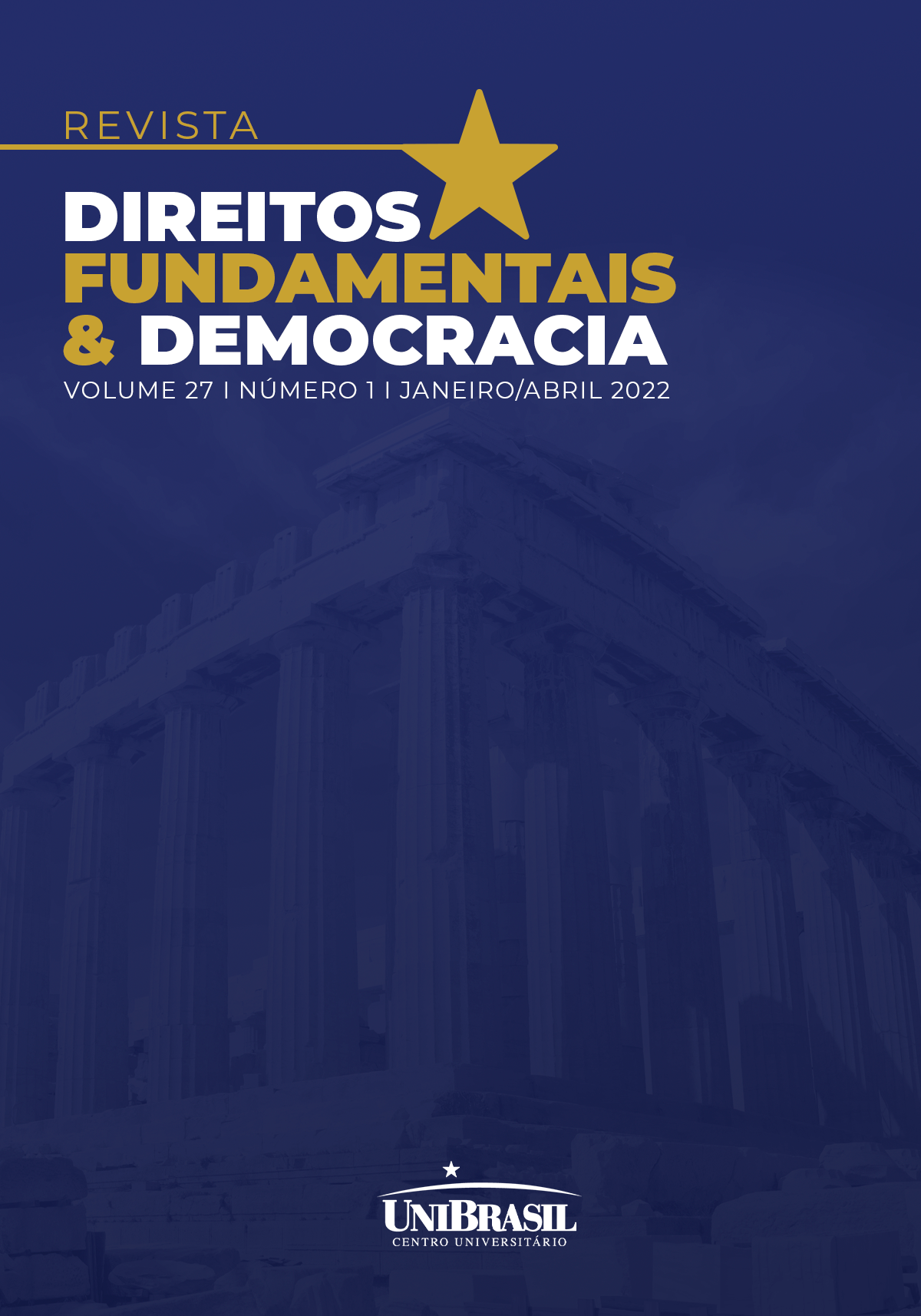THE LABOR CRISIS IN BRAZIL - A BRIEF ANALYSIS OF THE EFFECTS OF DEREGULATION ON WORKERS' EMPLOYMENT AND INCOME
DOI:
https://doi.org/10.25192/issn.1982-0496.rdfd.v27i12391Abstract
The objective of this article is to review, contextualize and make visible some of the results of neoliberal policies of deregulation of work in the years that followed the capitalist crisis of 2008, starting from the generality of available data on work in the world (ILO), until reaching the particularities and the singularities of Brazilian economic and social results over the period. Result of research that uses data collected and processed by international organizations such as the International Labor Organization, the World Bank and the International Monetary Fund and Brazilian research, statistics and economic institutes, such as the Brazilian Institute of Geography and Statistics – IBGE; the Inter-union Department of Statistics and Socioeconomic Studies (DIEESE) and IPEA - Institute of Applied Economic Research, the intention is to collaborate with the correct understanding of the scope of public policies adopted by a significant part of global nations, including Brazil, shortly after the crisis 2008, the decade that followed, until the health crisis caused by the SARS-CoV-2 virus, and to assess whether the solutions, especially the political and legal ones, aimed at moments of crisis, managed, or not, to fulfill the promises made by its enthusiasts and ideologues. The main focus of the study is to identify and expose, first, how the hegemonic nations responded, in terms of labor and income regulation, to the 2008 financial crisis, what the results of public policies put into practice, and then, how the Brazilian State behaved during the first decades of this century in terms of promoting employment, income, family consumption and decent work, in the terms proposed by the United Nations in the 2030 Agenda for Sustainable Development.
Keywords: labor; employment; income
Downloads
Downloads
Published
How to Cite
Issue
Section
License
Copyright (c) 2022 Ricardo Nunes de Mendonça, Wilson Ramos Filho

This work is licensed under a Creative Commons Attribution-NonCommercial-ShareAlike 4.0 International License.
Copyrights for any articles published in the journal are given to the author and RDFD with first publication rights granted to the Journal. By virtue of their appearance in this open access journal, articles are free to use, with proper attribution, for educational and other non-commercial purposes in accordance with the creative commons.




